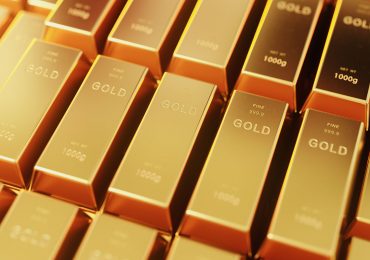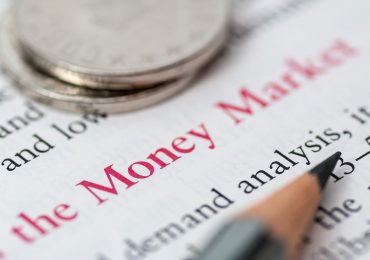Anti-Corruption Campaign by Mohammed bin Salman
The 32-year-old son of the king, Mohammed bin Salman, assumed enormous responsibility. By decree of the Crown Prince today, Saudi Arabia is experiencing the greatest turmoil in the last 85 years. He launched an extensive economic reform package, Vision 2030. During which followed the campaign of mass arrests of members of the royal family, ministers and businessmen of Saudi Arabia. According to Saudi officials, among those detained are 11 princes, four ministers and dozens of former ministers. Charges against men include money laundering, bribery, extortion and the use of public office for personal gain, a Saudi official told media. The most famous figure was Prince Al-Walid bin Talal, a billionaire whose kingdom owns large stakes in companies such as Twitter and Lyft. In addition, Ibrahim bin Abdulaziz al-Asaf, who owns the Middle East Broadcasting Center, one of the region’s largest news and entertainment groups, was detained. Prince Mitab bin Abdullah bin Abdul-Aziz Al Saud is also in custody, until the day of his arrest he was head of the National Guard of Saudi Arabia, which is responsible for the internal security of the family of the Saudi government. The idea that these people are guilty of corruption is hardly shocking. Rather, it is surprising that Saudi Arabia decided to arrest them, because the country’s government itself contributed to the development of bribery. Kickbacks from Aramco, issuing tickets from a state-owned airline, private ownership from government monopolies, as well as bribery and generosity became the means of political control in a country where proximity to the ruling family is the surest path to wealth.
This raises obvious questions about the extent to which arrests are politically motivated. In countries where some degree of money laundering, corruption or other illegal activities is almost inevitable, selective prosecution can be a powerful tool of political control.
Attitude towards anti-corruption campaign
Supporting arrests Saudis have already accused Western observers of hypocrisy for pointing out these facts. Before the purges, many of the same observers complained about the corrupt Saudi elite; now that something is done with corruption, they are complaining about political cleansing.

But although double complaints of corruption and political purges may seem cynical, in fact they do not exclude each other. The main complaint is not only that Saudi Arabia is corrupt; the fact is that in its legal system there is something like transparency that would create the impression that the current steps are the correct application of the rule of law.
However, it can be noted that Saudi Arabia is at a turning point in its history. The economic reforms of Mohammed bin Salman are advancing at a fast pace and achieve some success. According to the IMF report, Saudi Arabia has successfully reduced the budget break-even price for oil from almost $ 100 per barrel to only $ 70. Given that, Brent is trading at about $ 62, a balanced budget for Saudi Arabia looks amazingly achievable. On the other hand, concerns about the awkward market valuation prompted the Saudis to consider ending Aramco’s IPO. Despite President Trump’s call to continue listing on the New York Stock Exchange, this decision seems to be popular.
In addition, the Saudis realized that economic reform would also require major cultural reform. Despite the announcement that women will finally be allowed to drive, Saudi Arabia remains much more repressive than the same Kuwait.







